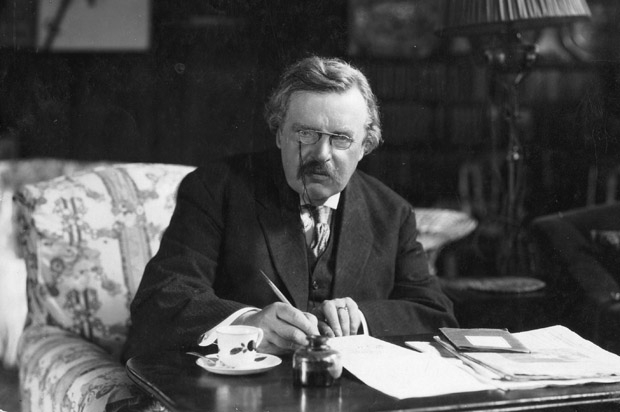There exists in such a case a certain institution or law; let us say, for the sake of simplicity, a fence or gate erected across a road. The more modern type of reformer goes gaily up to it and says, ‘I don’t see the use of this; let us clear it away.’ To which the more intelligent type of reformer will do well to answer: ‘If you don’t see the use of it, I certainly won’t let you clear it away. Go away and think. Then, when you can come back and tell me that you do see the use of it, I may allow you to destroy it.’
The above paragraph is from G.K. Chesterton’s 1929 defence of Catholicism titled The Thing. Chesterton’s fence is in some ways a very simple defence of conservatism: it warns us that the more confidently you declare a fence to be redundant, then the more ignorant you are of the reasons why the fence was built in the first place.
It may also help explain why we may be right to be suspicious of experts. Sometimes, being more wedded to reductionist abstractions, intellectuals are all too eager to reinvent things in pursuit of conceptual neatness, and so can rip out -Chestertonian fences all too hastily. Ideas such as electoral reform, a single -European currency, or the removal of the monarchy, for instance, are all intellectual enthusiasms rarely shared by ordinary folk. All three ideas seem to make perfect sense until you think long and hard about what the hidden virtues of the previous irrational arrangement may be. The great thing about disproportional representation, for instance, is that it allows you thoroughly to purge bad governments — which is probably the most important attribute of democracy.









Comments
Join the debate for just £1 a month
Be part of the conversation with other Spectator readers by getting your first three months for £3.
UNLOCK ACCESS Just £1 a monthAlready a subscriber? Log in